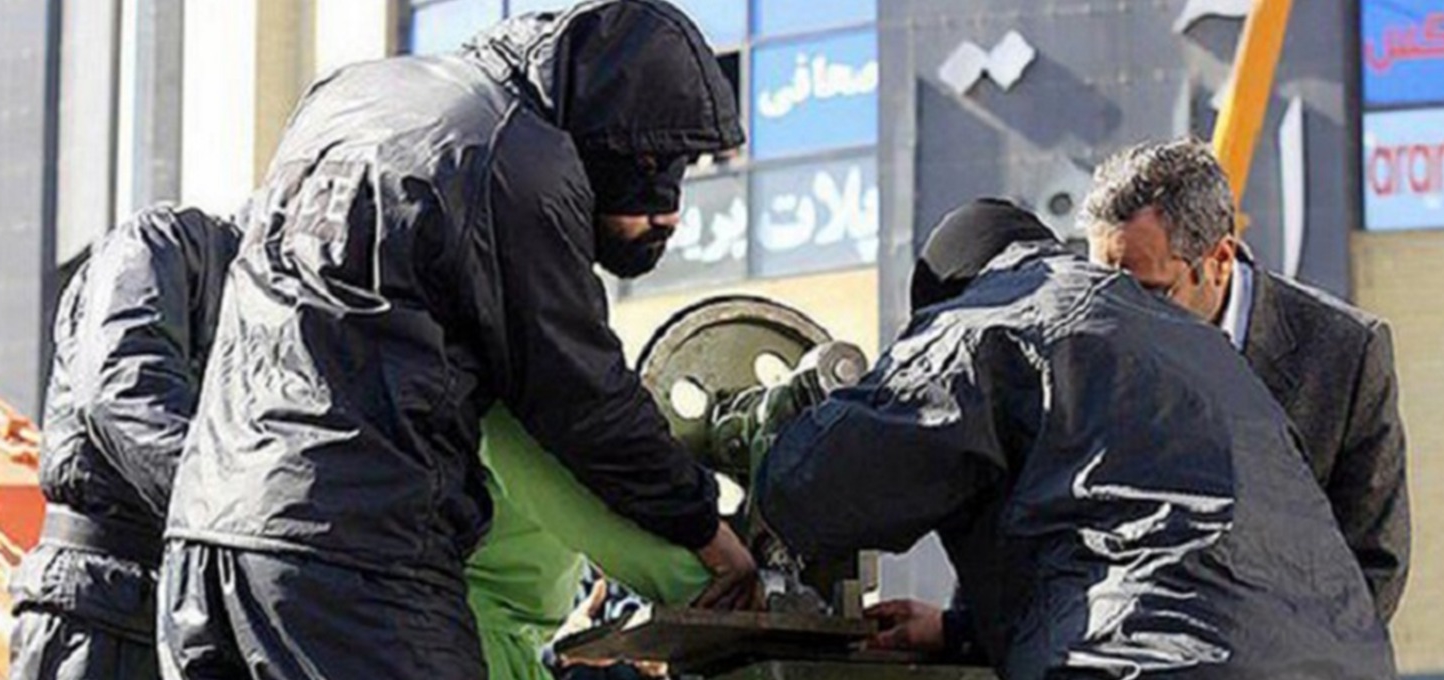
Iranian doctors cooperating with judicial amputations
A special guillotine machine has allegedly been installed in a medical clinic in an Iranian prison to carry out amputations. The World Medical Association has condemned the apparent involvement of physicians in these acts.
WMA President Dr. Heidi Stensmyren said: “Information we have seen from Amnesty International indicate that the chief doctor at the prison medical clinic was present at recent amputation sentences being carried out. It is horrific that any doctor should be involved at such punishments and it is equally despicable that a place where these acts of torture are occurring should be called a medical clinic.”
According to Amnesty International, two Iranian men who had been convicted of theft, have had their fingers amputated in 2022. One was told by prison authorities that he could pay to have the fingers frozen and reattached. However, the convict could not afford this operation. After the fingers were severed, he lost consciousness and was transferred to a hospital for three days. Back in prison the fingers became infected and he needed another trip to the hospital.
A special guillotine has been set up in Teheran’s Evin prison to centralise judicial amputations. Amnesty International gives some background on the amputations, which violate the ban on torture in the International Covenant on Civil and Political Rights, to which Iran is a signatory.
Iran’s Islamic Penal Code provides for various corporal punishments amounting to torture, including amputation flogging, blinding, crucifixion and stoning. The law states that for certain types of theft, those convicted shall “have four fingers on their right hands completely cut off so that only the palm of their hands and their thumbs are left”.
Iranian law requires that a physician be present during the implementation of corporal punishments, in direct violation of ethical guidelines and international standards which expressly prohibit health providers’ involvement in torture. The Iranian authorities have consistently defended amputation as the best way to deter theft, and have expressed regret that it cannot be practiced in public because of international condemnation.
